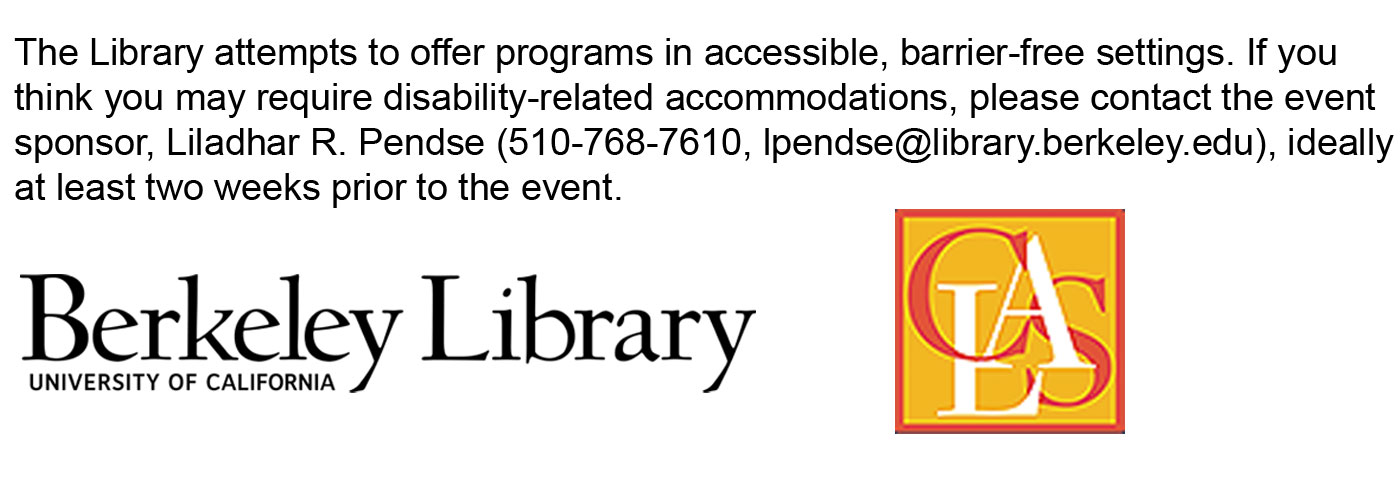Tag: Morrison Library
“Teaching, Learning and Creating Change with Data”–a Census-Focused Library and American Cultures Event
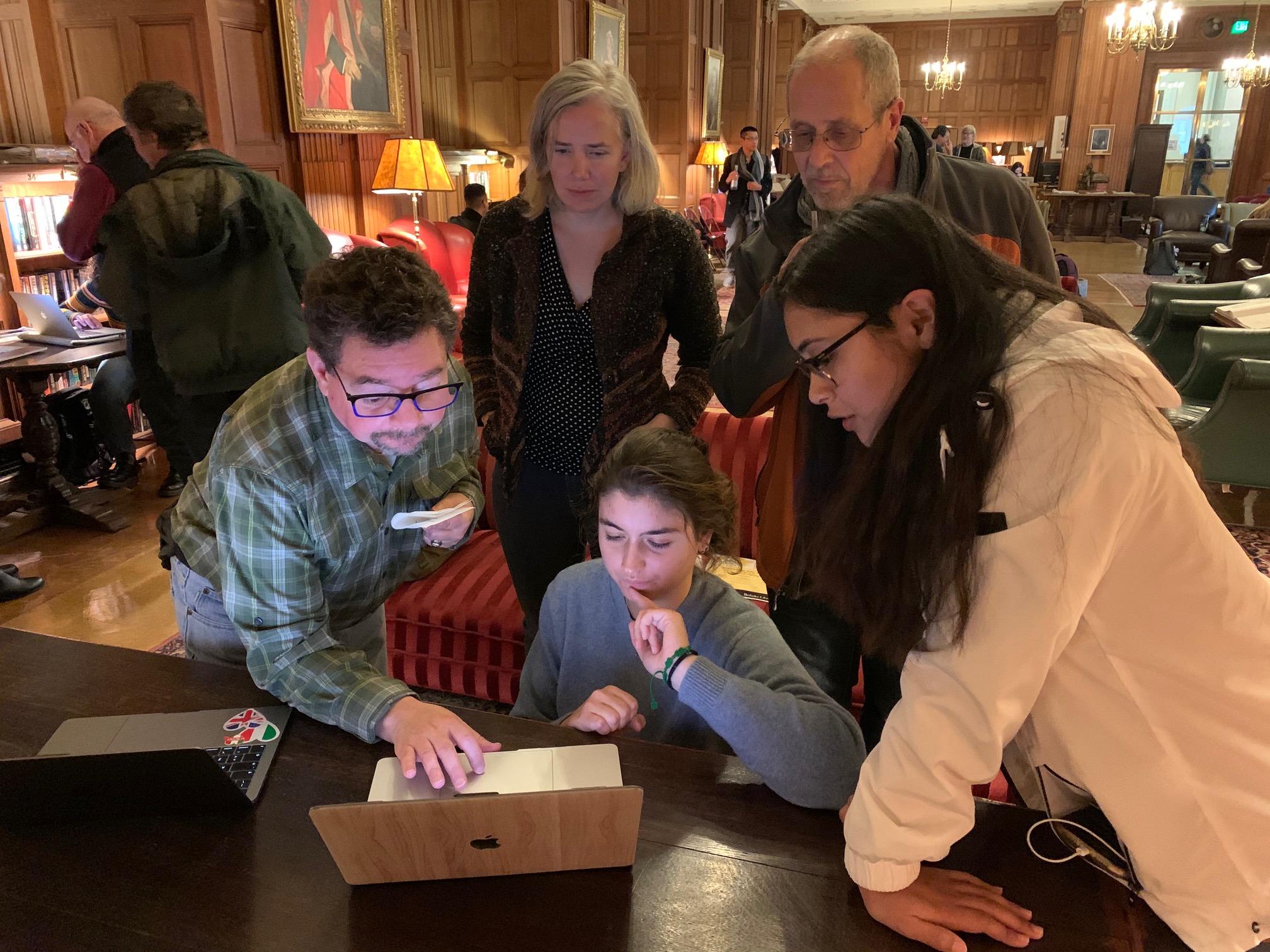
At Berkeley, every undergraduate student must satisfy an American Cultures (AC) requirement. From the American Cultures site: “American Cultures courses are uniquely designed to critically engage in important issues within the United States by helping students develop a deeper understanding of race, culture, and ethnicity in the context of American society.” This long-standing requirement has led to some amazing projects and also some really creative ways of engaging students. And, even if a class is sponsored by, say, the sociology department, the students may be from a wide range of disciplines.
Having just launched “Power and the People: The U.S. Census and Who Counts”, the library’s exhibit on the census (just in time for the 2020 count), its curators were looking for exciting ways to bring census data to life, as part of a kick-off event. We learned about how two American Cultures classes (Sociology 130AC, “Social Inequalities: American Cultures” and Sociology 146AC, “Contemporary Immigration in Global Perspective”) involve students with the census by incorporating census data into projects—and a program was born!
The program held earlier this week, called “Teaching, Learning and Creating Change with Data: The Census and American Cultures”, featured faculty and student presenters outlining and showing their work in the inviting space of the Morrison Library. After short talks by Victoria Robinson, American Cultures program director, Irene Bloemraad, Sociology department and director of the Berkeley Interdisciplinary Migration Initiative (BIMI), and Joanna Reed, Sociology department, students presented their work, the heart of the event. Six Sociology 130AC students showed, on laptops, how they used census data to complement their field work looking at neighborhood characteristics for assigned census tracts along the number 18 AC Transit bus route. Five Sociology 146AC students showed, on conference-type posters, how they used census data along with their investigations of immigrant services in two Bay Area cities (Richmond and Santa Rosa), to map availability of services in areas of greatest need and look for service gaps (in fact, some of this work contributed to a BIMI report). [post continues below photos]
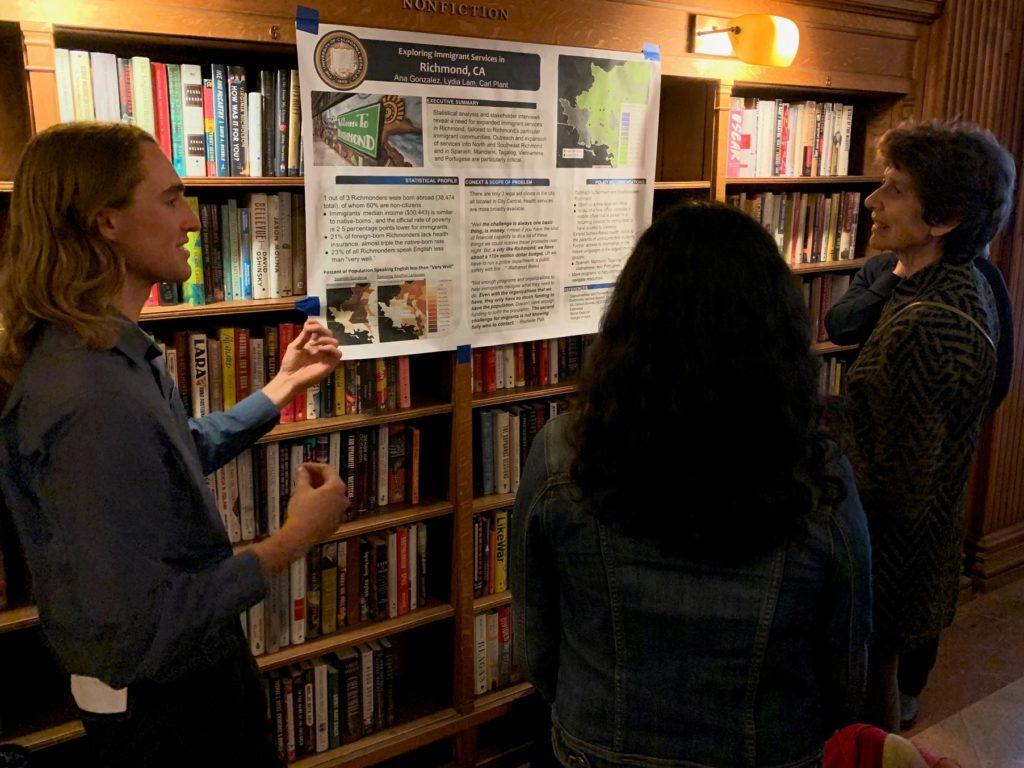

The hallmark of the event was the completely engaged atmosphere of conversation and ideas that resulted from the connections between the students and attendees, and between the broader context of how census data shapes and helps us understand the country we live in. This post is full of photos, because they are what really convey how exciting it was to see what the census can offer to our research and our lives, and to make the case of how important it is for each of us to be counted.
P.S. Don’t miss our second event, a panel featuring renowned experts on race/ethnicity and the census, Cristina Mora, Michael Omi, Taeku Lee, and Tina Sacks, on March 19, 2020, same time (5 pm), same place (the Morrison Library)
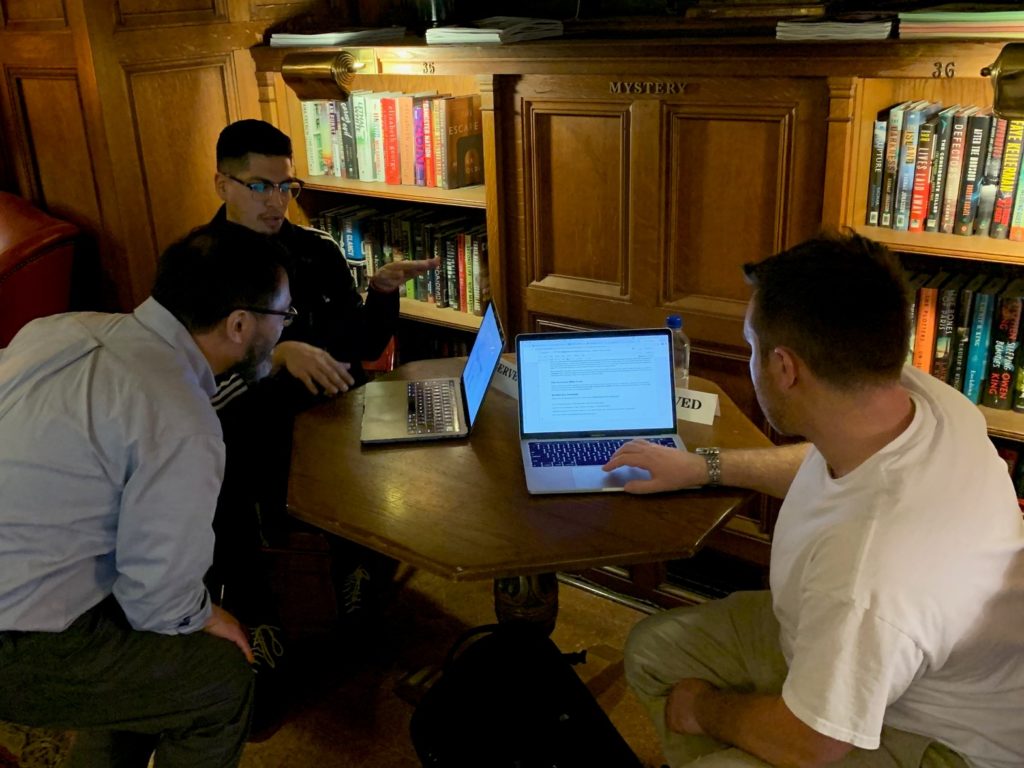
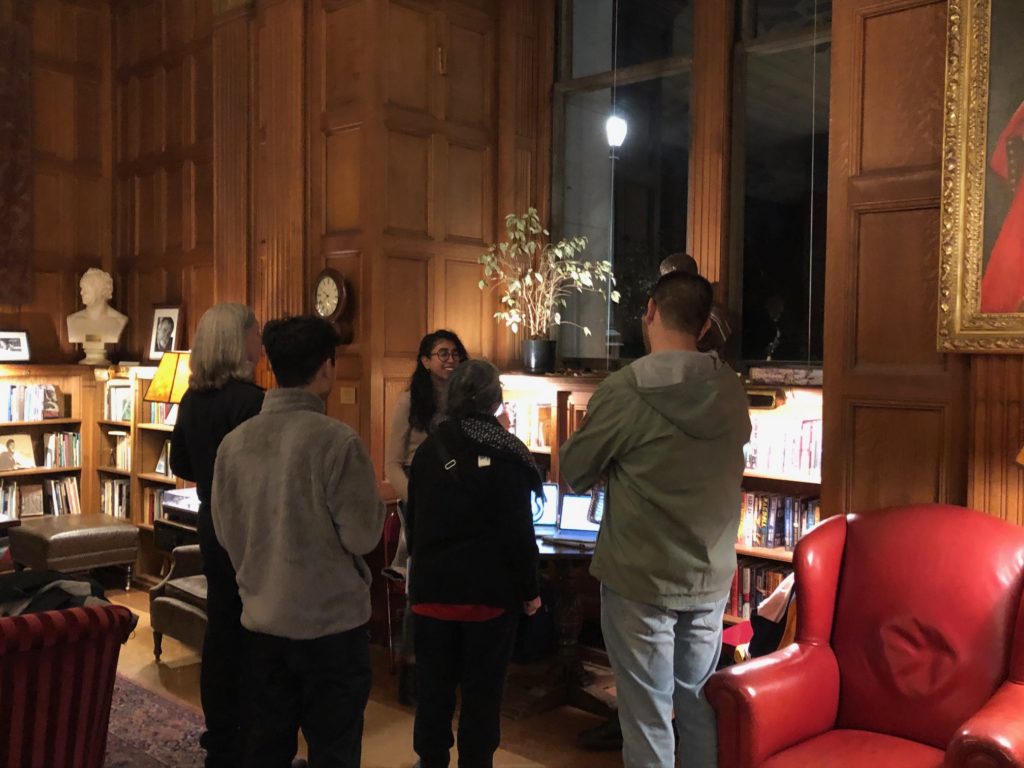
Book Talk Series: Acoustic Properties
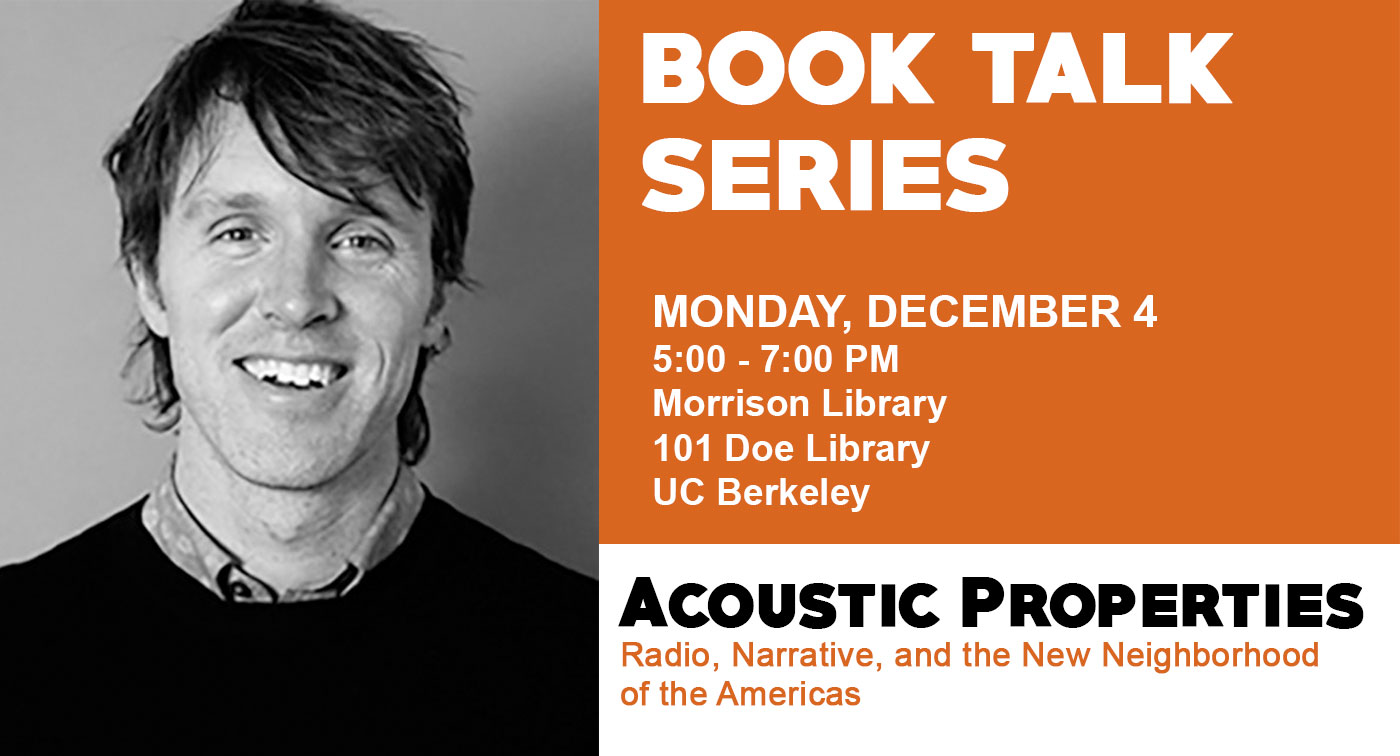
Tom McEnaney’s book explores the “coevolution” of the radio and the novel amid influential movements in populist politics in three countries in the mid-20th century: the New Deal in America; Peronism in Argentina, and the Cuban Revolution. The book illustrates how governments, activists, and artists have struggled for control to represent the voice of the people within a changing media landscape.
Professors José Quiroga of Emory University and Freya Schiwy of UC Riverside will be discussing the book after professor McEnaney’ s reading.
